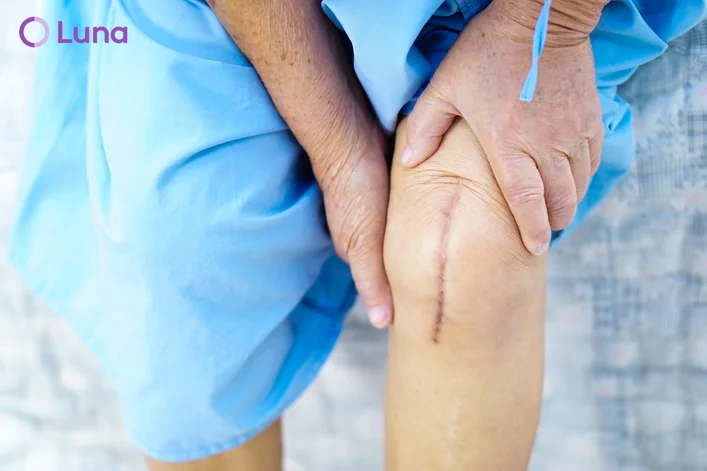
Meet with the best plantar fasciitis physical therapists in Drexel Heights, Arizona
Drexel Heights, Arizona, Luna’s physical therapists are highly knowledgeable, and experienced in the successful treatment of plantar fasciitis. Our licensed physical therapists can improve plantar fasciitis symptoms with exercises that include guided stretches and manual treatment.
With Luna, patients can get plantar fasciitis treatment at home, at the office, at the park, or at the location of their choosing. Our physical therapists come to you — it’s physical therapy, delivered.

What is plantar fasciitis?
The leading cause of heel pain, plantar fasciitis affects two million people every year. The condition occurs when the plantar fascia (the thick, weblike band of tissue that connects your toes and heel bone) becomes inflamed.The plantar fascia is designed to absorb stress and protect our feet; however, excessive wear can damage or tear the tissue.
Patients suffering from plantar fasciitis often feel pain near the heel of the foot, particularly after long periods of standing or sitting. Pain tends to decrease throughout the day with normal activity.
Plantar fasciitis is especially common in runners, women, overweight individuals, and those who wear shoes with poor support. Individuals whose occupations require lots of walking or standing and those with “flat feet” or unusually high arches are at increased risk of developing plantar fasciitis.
Source: OrthoInfo

What causes plantar fasciitis?
Your plantar fascia is meant to support the arch of your foot and act as a shock-absorbing bowstring, but excessive tension and stress in the tendon can result in small tears. Repetitive stretching and tearing are known contributors to plantar fasciitis, though an exact cause is unattributable. There are, however, known risk factors.
The most common causes of Plantar Fasciitis include:
- Long-distance running and other activities that place stress on the heel
- Flat-footedness, a high arch, or an abnormal walking pattern
- Obesity
- Jobs that require walking or standing on hard surfaces
- Typically presents in individuals aged 40 to 60


















